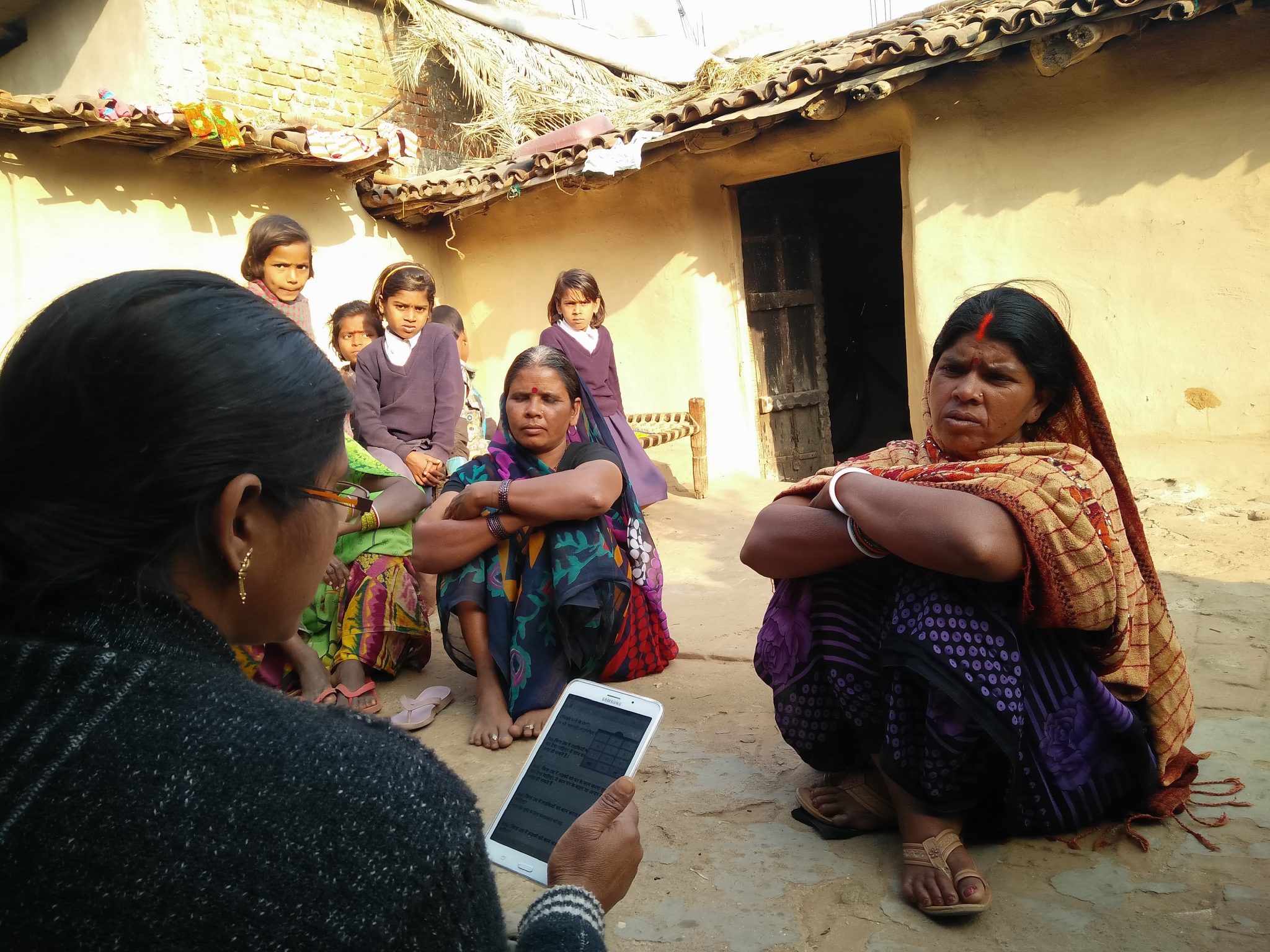Blog Details
Researchers over at Outline India recently had the chance to talk to Nixon Joseph, the CEO of the Children’s LoveCastles Trust India and ex-President of the SBI Foundation. The discussion centered around the implementation and present state of Social Stock Exchanges (SSE) in India, how our infrastructure compares to other SSEs abroad, and what could be better to make SSEs more accessible to smaller NGOs and social-sector initiatives.
Nixon Joseph’s background as professional banker turned CSR-head makes him a person of unique interests, who can understand both the technicalities and the implementation of the Social Stock Exchange. Starting off, our researchers asked him about how he looks at the current SSE infrastructure in India and how his work in CSR has been affected by it.
Nixon emphasized the importance of credibility and transparency that comes with registering with an SSE, as it adds value to NGOs and social enterprises. The reason that he listed CLT on the SSE and further recommends other social impact CEOs to list their firms as well is because of the stamp of credibility that comes to be associated with a firm once it’s listed on a national-level, high-scrutiny listing like the SSE. He believes that in the future, donors and investors may prefer to work only with organizations registered with SSE, further emphasizing the changing landscape of CSR in India.
But the stamp of credibility will only come when the organization doing the due diligence has a strong corporate repute. Presently, the Securities and Exchange Board of India (SEBI) chooses to review on its own all listings on the Social Stock Exchange, but as the volume of listings increases, SEBI might have too much on its plate. We asked Nixon whether he sees the possibility of a future where Evaluation Firms, rather than SEBI, review SSE listings.
To this, Nixon expressed his preference for SEBI to be responsible for the evaluation of SSE participants. He emphasized the credibility that SEBI brings to the process and raised concerns about the independence of other evaluation agencies. “Though these [evaluation firms] are considered independent, to what extent are they really independent? And even in corporations, there are independent directors. To what extent are they independent?” On the question of volume, Nixon suggested that SEBI should enhance its skills, expand its team, and take care of due diligence internally, rather than outsourcing it to other agencies. He believes that this would ensure a higher level of independence and credibility in the evaluation process.
While India’s implementation of SSE is novel, it’s not the only country to have thought of this concept. In fact, India is almost 20 years late to the party. Brazil started its Social Stock Exchange back in 2003, and since then, countries such as Singapore, UK, Canada, and South Africa launched their own versions of it. Each country has approached the SSEs differently, but the approaches fit into two broad criteria: either stocks listed on SSEs are traded like traditional stocks on the NSE or NASDAQ, or they are just databases connecting investors with
high-performing social impact firms. We asked Nixon which one of these two types seem more appealing in the Indian scenario.
Nixon believes that the Indian version of the SSE should encompass everything related to the social sector, including both category 1 and category 2. He suggests that the SSE should serve as a platform for investors to find good NGOs and projects to support, as well as a platform for NGOs to raise funds and gain visibility. He underlined the need for incentives for investors and simplification of the paperwork and processes involved in investing in the SSE, which, right now, makes it hard for grassroot SSEs to enlist without bringing in expensive consultants and analysts that they can’t afford.
Expanding upon the question of accessibility for SSEs, we asked Nixon about the introduction of Zero Coupon Zero Principal (ZCZPs) instruments, which are akin to traditional bonds but are less risky for the borrower (the social impact firm) and if he believes that they’re a step forward in bringing funding to grassroots social impact firms.
Nixon believed that even though ZCZPs are a step in the right direction, they’re still not enough to bring smaller social impact firms into the fold, since they continue to burden firms in papers SSE should provide incentives for investors to choose it over direct donations to NGOs. He suggests simplifying the paperwork and reducing the complexity of the bond issuance process to make it more attractive for grassroots NGOs. Nixon highlighted the importance of tax exemptions and CSR compliance for investors to incentivise them to invest through SSEs. Additionally, he raises concerns about the short timeframe for submitting financial and social impact reports, suggesting that the SSE should consider the realities and challenges faced by NGOs in meeting these requirements. Overall, he believes that the SSE should prioritize the needs of grassroots NGOs and provide tangible benefits for investors to ensure its success, and to prevent failure like in other countries.







David Angel Makel
IT ConsultantIt is a long established fact that a reader will be distracted by the readable content page looking at its layout point of using normal